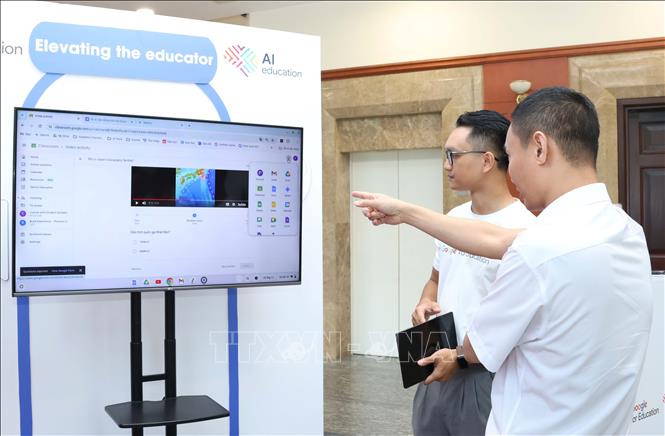
From AI being able to write a professional email, design a vivid image, create impressive marketing videos ... to the ability to analyze huge data in a split second, this technology is penetrating every corner of each person's life and work. However, along with that "miracle", there are concerns about whether AI will take away human jobs, or open a new era for Vietnamese workers.
Technology and life
Just a few years ago, AI was becoming more accessible than ever. Generative AI tools like ChatGPT, Gemini, Midjourney... or process automation software (RPA) are being widely applied, from offices to factories.
According to experts, Vietnam has witnessed major waves of technological change, from agricultural mechanization, automation in production to the explosion of the internet and information technology. Each time, there were always jobs that disappeared, but at the same time, new professions emerged, requiring different skills. However, the current speed of spread and capabilities of AI are completely different. It not only replaces manual labor but also directly impacts jobs that require thinking, data processing and even creativity - areas that were previously considered "human privileges".
Ms. Nguyen Thuy Hoa, Director of New Horizons Education and Training Company Limited, specializing in translation, could not hide her anxiety. Previously, it could take a whole day to translate a complex specialized document. But now, AI tools can do it in just a few minutes, although the quality is not perfect, but the cost is much cheaper. Customers have started to ask for lower prices, or do it themselves with AI and then have experts edit it. "I am really worried about how the translation profession will survive in the next 5-10 years if we do not change."
The fear of "losing jobs" is not unfounded. Many studies have shown that jobs that are repetitive, rule-based, or collect and process data are at high risk of being replaced by AI. This is especially worrying for a country whose labor structure is still focused on manufacturing, processing and basic service industries like Vietnam. Industries such as data entry, call center operators, basic translation, some positions in accounting, finance, and even some jobs in graphic design and content creation are under great pressure.
The skills gap is widening. Many workers, especially unskilled and older workers, feel they lack access to or opportunities to train in technology and digital skills. This creates a large gap between new market demands and existing skills.
For most businesses, especially small and medium-sized enterprises (SMEs), investing in AI requires a significant amount of capital, in-depth technological knowledge, and the ability to change processes. Many SMEs have expressed difficulty in adapting, leading to the risk of losing competitiveness if they do not quickly transform.
Mr. Tran Van Phan, Founder and CEO of Cenvi Solution Consulting Joint Stock Company, said that Cenvi mainly serves small and medium-sized enterprises and business households. Tasks such as entering invoices, reconciling books, etc. can now be greatly supported by AI software. Without applying AI, businesses are gradually becoming outdated and losing competitiveness. But if applied, businesses will also have a headache about how to rearrange and retrain long-time accounting staff so that they do not feel abandoned.
Make something great
While the challenges are real, objectively speaking, AI is not a "destroyer" but a "powerful tool".
Every technological revolution brings about unexpected changes, after which society needs to find ways to adapt and create new values. AI does not replace humans completely. On the contrary, it will replace repetitive, boring or dangerous jobs; help people focus on higher values, creativity, critical thinking, promote strategic decision making, manage emotions and enhance human connection.
In fact, AI is creating a series of new jobs that never existed before, such as: AI engineers, AI experts, AI project managers, AI model trainers, big data analysts; even experts integrating AI into business processes. The application of AI is helping businesses optimize processes, reduce costs, increase productivity and product quality, thereby improving competitiveness and expanding the market, indirectly creating more jobs in other stages.
Mr. Cao Xuan Hoai Vuong, Director of AIVA GROUP Technology Joint Stock Company, affirmed: Saying that AI will take away jobs is a one-sided statement. AI is contributing to changing the nature of work. It does not take away jobs but 'pushes' people to a new level. Instead of doing manual work or simple thinking, people will be freed to do jobs that require creativity, strategic thinking and emotional interaction - things that AI can take a long time to replace. Golden opportunities are opening up for those who are willing to learn and adapt.
Many managers agree that there must be a way to turn AI challenges into golden opportunities and create more value than expected. There is a great need for the cooperation of the State, ministries, local authorities, businesses and workers themselves.
The State plays a creative role in designing a comprehensive, clear strategy for AI development and application, along with preferential policies for investment, research and development (R&D) in this field. Accordingly, it encourages educational reform initiatives from primary to university, supplementing knowledge about AI, data science, and programming; at the same time, building short-term, flexible retraining and skill improvement programs for working workers, especially those at risk of being affected.
At the same time, promote international cooperation activities, exchange experiences with advanced countries, attract foreign AI experts and transfer technology to Vietnam. The State needs to immediately start researching and developing timely support policies for workers who lose their jobs due to AI, helping them have time and conditions to change careers.
Mr. Nguyen Quang Dong, Director of the Institute for Policy Studies and Media Development (IPS), emphasized: It is impossible to avoid the AI wave and it is important to be prepared. Research agencies are calculating, considering and building a comprehensive policy framework, from training high-quality human resources, retraining those affected, to encouraging businesses to invest in technology and people. We believe that, with initiative and consensus, the Vietnamese workforce will turn AI into a driving force to elevate its position on the global labor map.
For each business, at this time, it is necessary to proactively apply AI and retrain human resources. Businesses cannot stand aside but need to proactively research and invest in AI technology suitable for their scale and industry characteristics. At the same time, build internal training programs to help employees improve their skills, not fear AI but consider AI as a powerful support tool. In addition, it is necessary to encourage employees to proactively learn, update new knowledge, and create an environment for them to experiment and innovate with AI.
Raising awareness among people and workers is a key factor. Workers need to understand that AI is an inevitable trend, which cannot be resisted but must be adapted to. Be proactive in seeking digital skills courses, learning about AI and how to apply it to your work. Having good AI skills is as necessary as communication, teamwork, critical thinking, creativity, emotional management, adaptability... will create outstanding advantages for each person.
Ms. Ninh Thi Ngoc, Marketing Specialist at Global Education Initiative Joint Stock Company, shared her experience about her excitement with AI. Because the nature of her work is closely related to content and images, after deciding to learn how to use AI tools to support her work instead of fighting against it, AI has now helped her generate more ideas and optimize campaigns faster. Thanks to that, the unit's work has become much more effective. AI is not an opponent but a powerful assistant.
Artificial intelligence is redrawing the picture of the global labor market. Vietnam is no exception. Concerns about employment are real, but the "golden" opportunity that AI brings to productivity, innovation and new job creation is enormous. To seize this opportunity requires the initiative of each individual in learning and improving skills; flexibility and decisiveness from businesses in investment and transformation; especially the role of creation and leadership from the State through synchronous policies and strategic vision.
Source: https://doanhnghiepvn.vn/cong-nghe/tri-tue-nhan-tao-va-ap-luc-chuyen-minh/20250630073050661



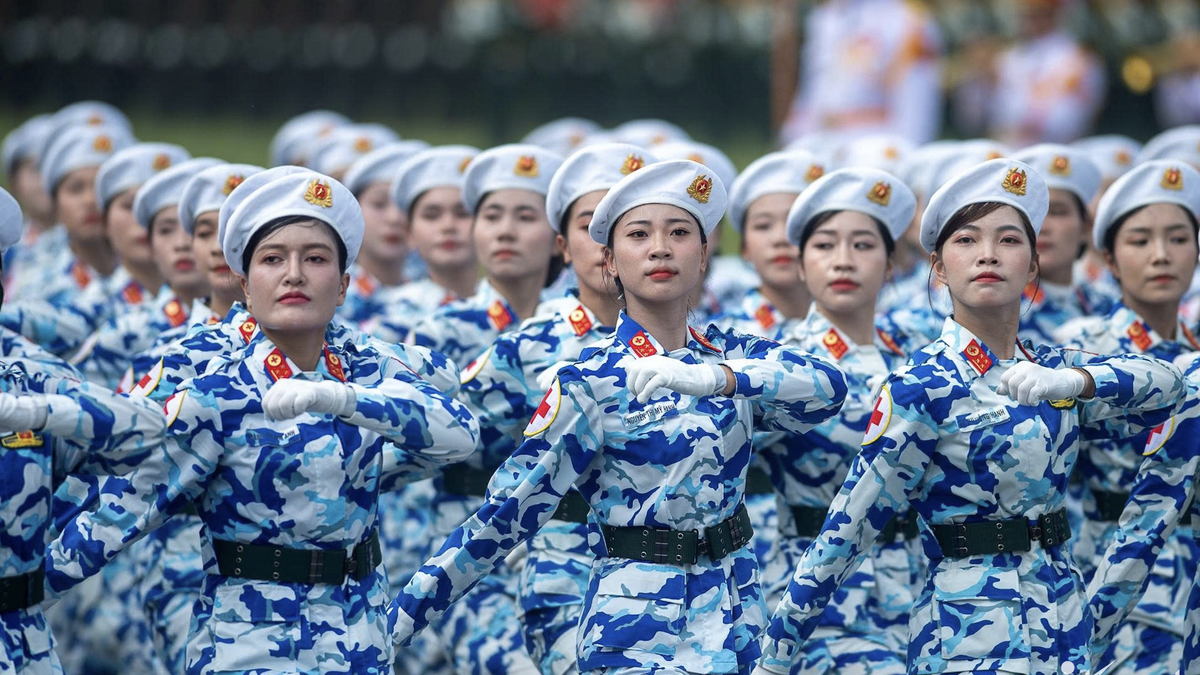


![[Photo] Multi-colored cultural space at the Exhibition "80 years of the journey of Independence - Freedom - Happiness"](https://vphoto.vietnam.vn/thumb/1200x675/vietnam/resource/IMAGE/2025/8/26/fe69de34803e4ac1bf88ce49813d95d8)
![[Photo] Hanoi: Authorities work hard to overcome the effects of heavy rain](https://vphoto.vietnam.vn/thumb/1200x675/vietnam/resource/IMAGE/2025/8/26/380f98ee36a34e62a9b7894b020112a8)









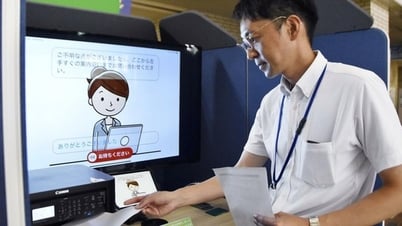

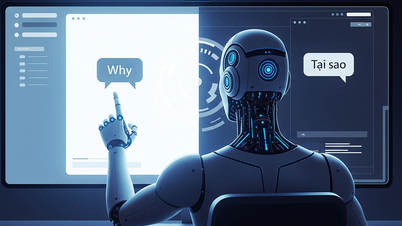




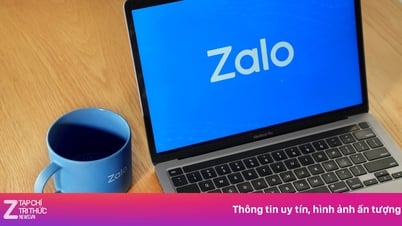










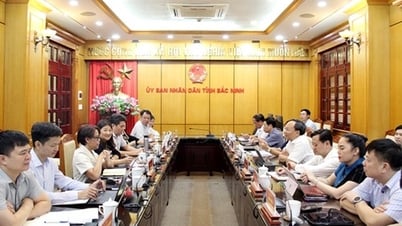




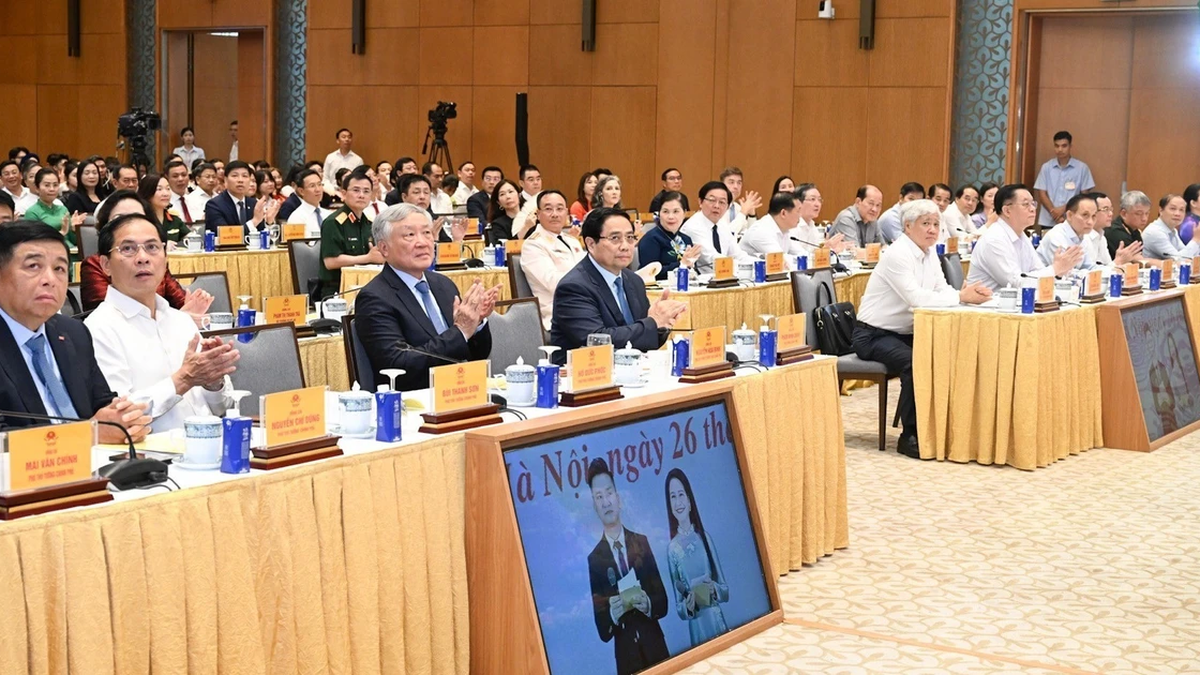































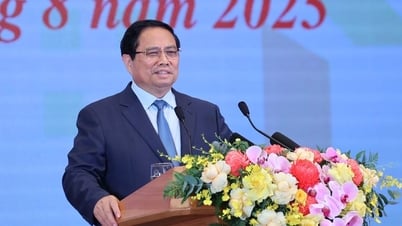
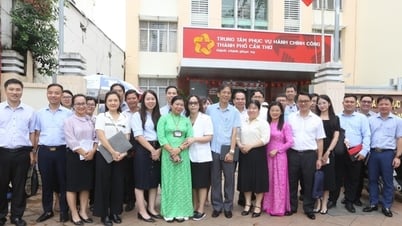

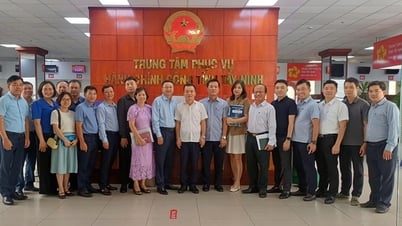




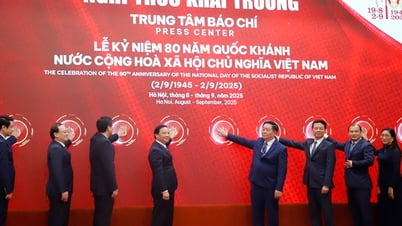
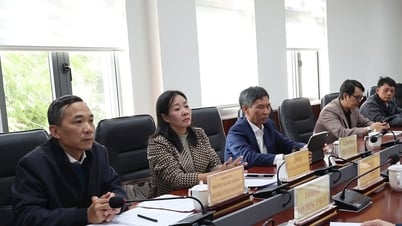

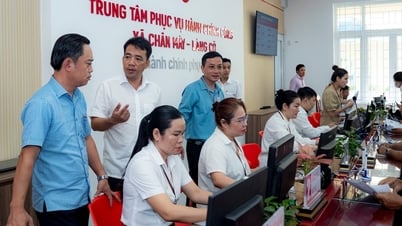

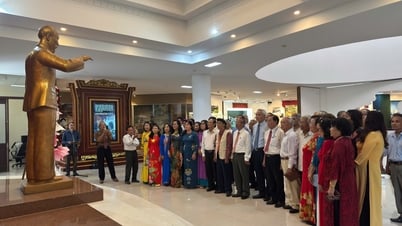









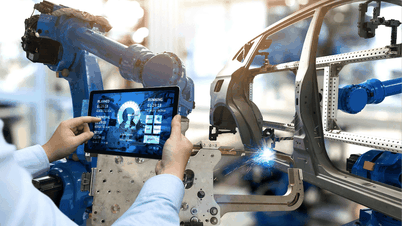











Comment (0)